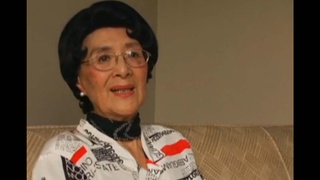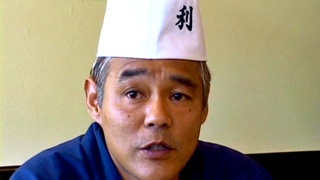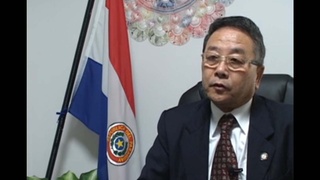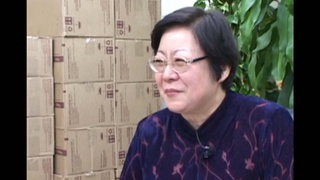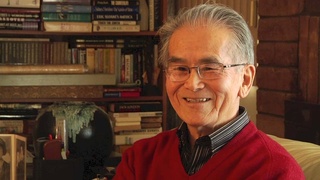Interviews
Walter O’Malley’s philosophy
From what I understand Walter O’Malley’s philosophy was to help Japanese baseball. By helping Japanese baseball, it’ll be good for the Dodgers at the end. So that philosophy led to Taiwan, Korea, Australia, and so on too, but we supported Japanese baseball so we would bring in-1958 we had players from Tokyo Giants, the manager, come train with us. Tokyo Giants won nine victories in a row after Tommy Lasorda goes to Miyazaki to teach Dodger way of baseball. Nine straight victories by the Tokyo Giants, the manager Kawakami credits the Dodger way of baseball to that nine straight championship.
And everyone in Japan at that time knew it. So I think from Walter O’Malley’s philosophy of helping Japanese baseball to where we are today, it led to that I believe.
Date: March 21, 2014
Location: California, US
Interviewer: Mark Langill
Contributed by: Watase Media Arts Center, Japanese American National Museum






